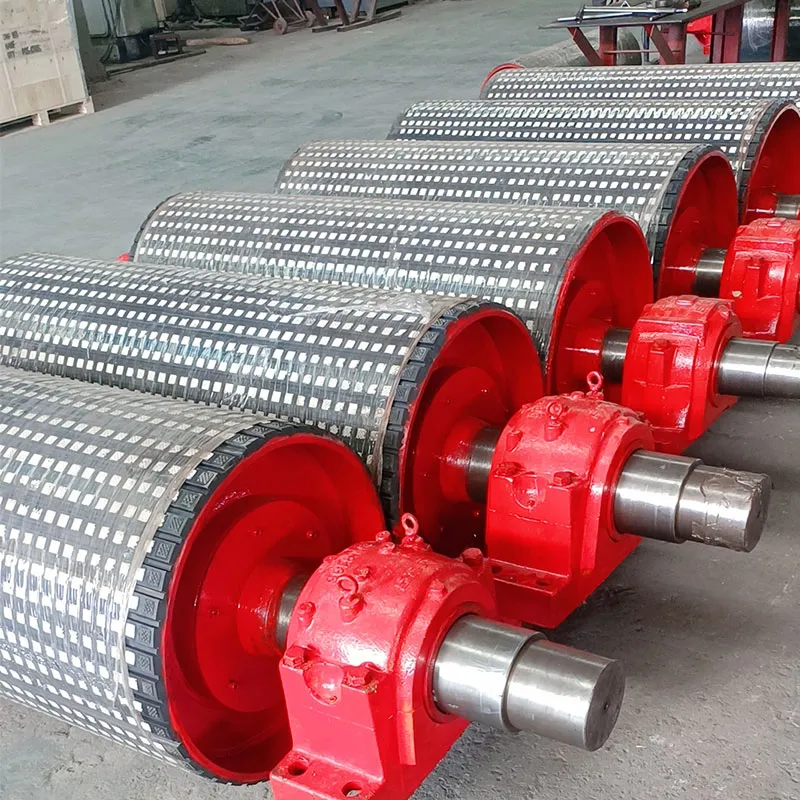 Afrikaans
Afrikaans  Albanian
Albanian  Amharic
Amharic  Arabic
Arabic  Armenian
Armenian  Azerbaijani
Azerbaijani  Basque
Basque  Belarusian
Belarusian  Bengali
Bengali  Bosnian
Bosnian  Bulgarian
Bulgarian  Catalan
Catalan  Cebuano
Cebuano  Corsican
Corsican  Croatian
Croatian  Czech
Czech  Danish
Danish  Dutch
Dutch  English
English  Esperanto
Esperanto  Estonian
Estonian  Finnish
Finnish  French
French  Frisian
Frisian  Galician
Galician  Georgian
Georgian  German
German  Greek
Greek  Gujarati
Gujarati  Haitian Creole
Haitian Creole  hausa
hausa  hawaiian
hawaiian  Hebrew
Hebrew  Hindi
Hindi  Miao
Miao  Hungarian
Hungarian  Icelandic
Icelandic  igbo
igbo  Indonesian
Indonesian  irish
irish  Italian
Italian  Japanese
Japanese  Javanese
Javanese  Kannada
Kannada  kazakh
kazakh  Khmer
Khmer  Rwandese
Rwandese  Korean
Korean  Kurdish
Kurdish  Kyrgyz
Kyrgyz  Lao
Lao  Latin
Latin  Latvian
Latvian  Lithuanian
Lithuanian  Luxembourgish
Luxembourgish  Macedonian
Macedonian  Malgashi
Malgashi  Malay
Malay  Malayalam
Malayalam  Maltese
Maltese  Maori
Maori  Marathi
Marathi  Mongolian
Mongolian  Myanmar
Myanmar  Nepali
Nepali  Norwegian
Norwegian  Norwegian
Norwegian  Occitan
Occitan  Pashto
Pashto  Persian
Persian  Polish
Polish  Portuguese
Portuguese  Punjabi
Punjabi  Romanian
Romanian  Russian
Russian  Samoan
Samoan  Scottish Gaelic
Scottish Gaelic  Serbian
Serbian  Sesotho
Sesotho  Shona
Shona  Sindhi
Sindhi  Sinhala
Sinhala  Slovak
Slovak  Slovenian
Slovenian  Somali
Somali  Spanish
Spanish  Sundanese
Sundanese  Swahili
Swahili  Swedish
Swedish  Tagalog
Tagalog  Tajik
Tajik  Tamil
Tamil  Tatar
Tatar  Telugu
Telugu  Thai
Thai  Turkish
Turkish  Turkmen
Turkmen  Ukrainian
Ukrainian  Urdu
Urdu  Uighur
Uighur  Uzbek
Uzbek  Vietnamese
Vietnamese  Welsh
Welsh  Bantu
Bantu  Yiddish
Yiddish  Yoruba
Yoruba  Zulu
Zulu conveyor belt idler rollers
Understanding Conveyor Belt Idler Rollers Essential Components of Material Handling Systems
Conveyor belts are crucial in various industries, from manufacturing and mining to food processing and logistics. They efficiently transport materials, saving time and labor costs. A vital component of these conveyor systems is the idler roller, which plays a significant role in maintaining the effectiveness and longevity of a conveyor system.
What are Idler Rollers?
Idler rollers are cylindrical components that support the conveyor belt. Unlike drive rollers, which are powered and facilitate the movement of the belt, idler rollers are stationary. They play several essential roles, including maintaining belt alignment, reducing friction, and absorbing the weight of the material being transported. Properly functioning idler rollers are crucial for ensuring the smooth operation of a conveyor system.
Types of Idler Rollers
Idler rollers come in various types, each designed to serve specific functions and adapt to different material handling needs. The most common types include
1. Impact Rollers Positioned at the loading point of the conveyor, impact rollers are designed to absorb the impact of heavy loads and prevent damage to the belt.
2. Return Rollers Located beneath the conveyor belt, return rollers support the belt as it returns to the loading point. They help maintain belt tension and stability.
3. Training Rollers These rollers are used to keep the conveyor belt aligned. A properly trained belt minimizes wear and tear and reduces the chances of material spillage.
4. Self-Cleaning Rollers These rollers help prevent material buildup on the conveyor belt by utilizing a specific design that allows debris to fall off as the belt moves.
Importance of Idler Rollers in Conveyor Systems
1. Support and Stability Idler rollers provide essential support for the conveyor belt, ensuring that it can bear the weight of materials without sagging or becoming misaligned. This stability is crucial in preventing operational inefficiencies and equipment damage.
conveyor belt idler rollers

2. Friction Reduction The smooth rotation of idler rollers helps reduce friction between the conveyor belt and the rollers, leading to less energy consumption and reduced wear on the belt. This friction management is vital for maintaining the efficiency of the entire system.
3. Belt Longevity Well-functioning idler rollers contribute to the overall health of the conveyor belt. By ensuring proper alignment and reducing friction, they help prolong the life of the belt, ultimately reducing replacement costs and downtime.
4. Material Handling Efficiency The proper function of idler rollers significantly influences the material handling process. They ensure consistent belt movement and prevent material spillage, leading to higher productivity and safer working conditions.
Maintenance of Idler Rollers
Regular maintenance of idler rollers is essential for ensuring the reliability and efficiency of conveyor systems. Here are some maintenance tips
1. Inspection Conduct regular visual inspections of the idler rollers and surrounding areas for signs of wear or damage. Look for bent axes, excessive wear on roller edges, or buildup of debris.
2. Lubrication Many idler rollers have bearings that require periodic lubrication. Ensure that these bearings are adequately lubricated to prevent wear and overheating.
3. Alignment Checks Regularly check the alignment of idler rollers to ensure that they are properly positioned. Misaligned rollers can cause accelerated belt wear and operational issues.
4. Replacement Replace any damaged or worn idler rollers promptly to prevent further damage to the conveyor belt and to maintain operational efficiency.
Conclusion
Idler rollers are integral to the functionality of conveyor belt systems. By providing stability, reducing friction, and extending belt life, they play a vital role in improving the operational efficiency of material handling processes. Understanding their importance and implementing a regular maintenance routine can help ensure that conveyor systems run smoothly and efficiently, contributing to the overall success of industrial operations. Investing in quality idler rollers and their upkeep will ultimately pay off in the long run, making them indispensable components in the world of material handling.





























